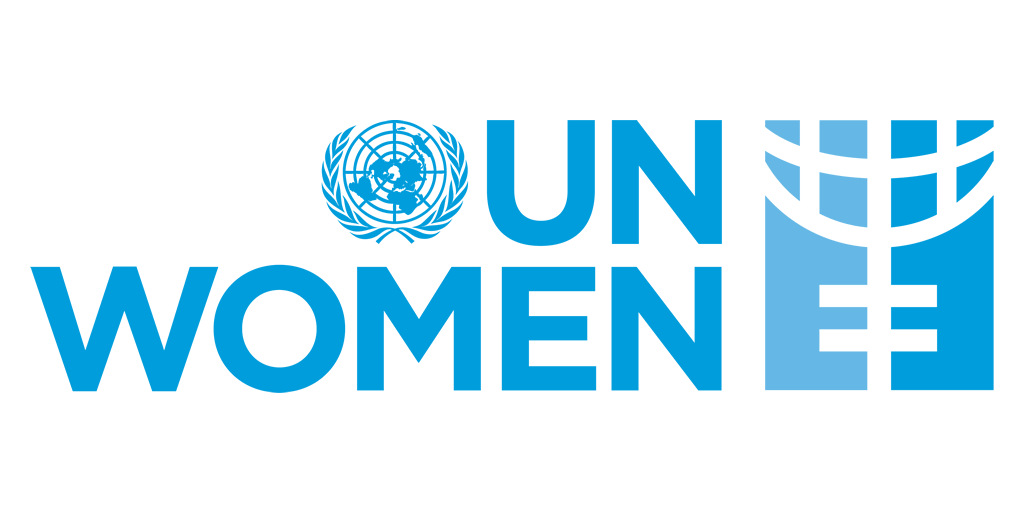
At a high-level event on International Human Rights Day, 10 December, the Global Alliance for Care called for a human rights perspective to be incorporated across all efforts to transform the global care agenda.
Recognize care as a human right, urge leaders of the Global Alliance for Care
“The right to care is a human right… A comprehensive care system is a human right. We need to highlight this, we need it to become visible,” said UN Women Regional Director for Latin America and the Caribbean, María Noel Vaeza.
The Government of Mexico through its National Institute of Women (INMUJERES) and UN Women co-convene the Alliance.
“Today, on International Human Rights Day, it is necessary to make visible the double dimension of the concept of care: care is at the same time a right that people should have access to, but also the act of caring is a key function for the reproduction of society,” said President of INMUJERES, Nadine Gasman, welcoming attendees gathered both virtually and in-person in Mexico City for the event on “The Right to Care”.
“The Global Alliance for Care is conceived as a space where it is recognized that it is possible to work, co-create and advance collectively to put the implementation of the global feminist care agenda at the centre, where the contributions of its 52 members are equally valuable”.
The Alliance was launched at the Generation Equality Forum as a collective commitment of the Action Coalition on Economic Justice and Rights.
Together, its 52 members from diverse sectors are working across key focus areas, including advocacy, multilateralism and international cooperation; knowledge promotion and data generation; and communication, to transform the care economy for the economic empowerment of women and girls.
COVID-19 and the care crisis
The COVID-19 pandemic pushed the already fragile global care economy into crisis mode.
Before the pandemic, women spent approximately three times more time than men on unpaid care and domestic work, globally. UN Women research shows this time burden increased during the pandemic. On average, women now spend nearly as much time doing unpaid care work as a full-time paid job.
The overburdening of women and girls impedes their human rights. For example, “when a teenager or a girl becomes a care provider, this is an obstacle to her access to education,” explained Youth Activist, Elvira Pablo. “Care work is a key right because it opens the door to the fulfilment of other rights.”
Window of opportunity for the care economy
But the crisis also offers an opportunity to strengthen care policies and systems, say leaders of the Alliance. Increasing and implementing commitments to transform the care economy will accelerate an equitable economic recovery.
Six core commitments define the Alliances’ strategy to reshape the care agenda. These include promoting the generation of data and evidence on care; investing in social and physical care infrastructure; and fostering positive social norms through awareness campaigns.
By encouraging commitment and action in these areas, members of the Alliance aim to promote cultural transformation and guarantee the recognition, reduction and redistribution of care and domestic work, and remuneration and representation of care workers.
Scaling solutions
Speakers shared examples of innovative practices that protect the human rights of caregivers and recipients. These cases can be scaled up to care system solutions, explained Chairperson of the Huairou Commission, Violet Shivutse.
“For us as caregivers, scaling is how we are able to formalize the role of caregivers in decision making, in co-designing. Scaling for us is being aware of how we are going to put resources in the hands of caregivers,” outlined Shivutse.
Leaders urged new actors to join the Alliance and help realize the feminist care agenda by 2026.
Topics
- COVID-19
- Unpaid work
- Economic empowerment
- Human rights